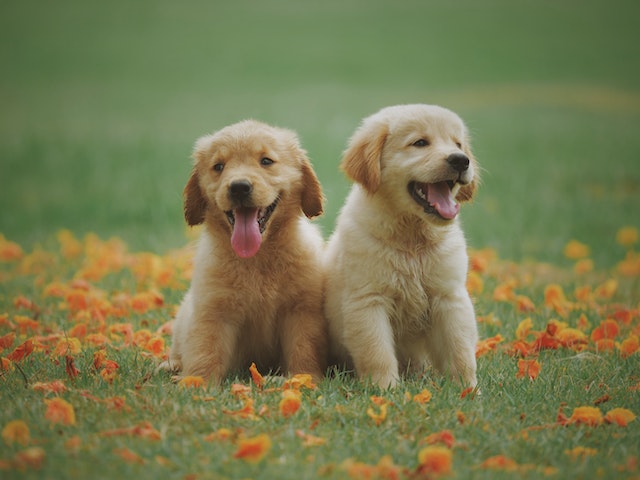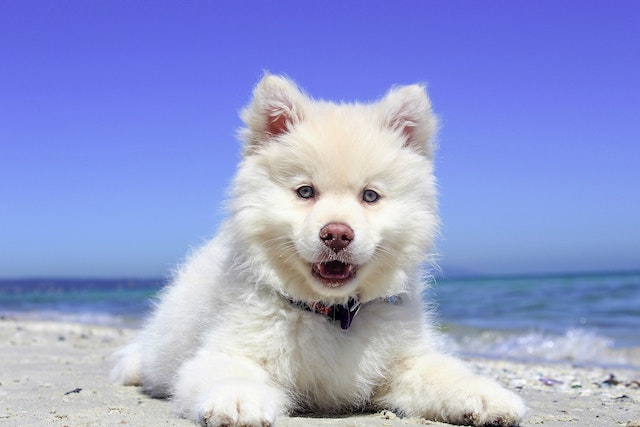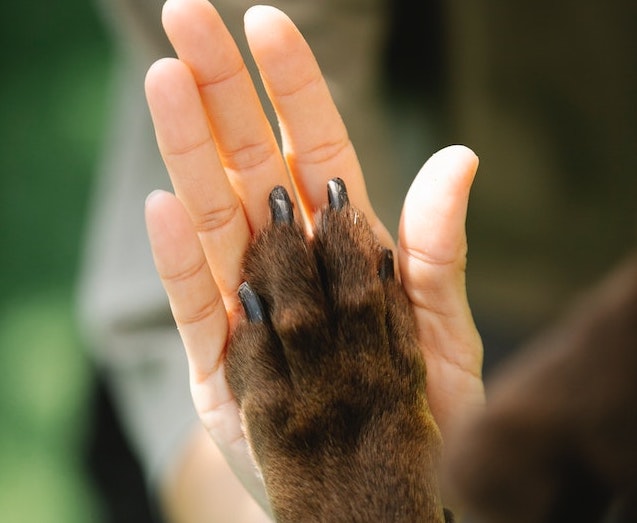Buying a dog is an exciting experience, but choosing the right breed can be a daunting task. With so many different breeds to choose from, it can be challenging to know which one will be the best fit for your lifestyle and needs. In this article, we'll explore the factors to consider when choosing the right breed for your future pet companion.
There are nearly 200 different dog breeds recognized by the American Kennel Club, each with unique characteristics that distinguish them from other breeds, such as size, coat type, energy level, and temperament. When choosing a breed, it's essential to understand their characteristics to ensure that they are a good fit for your lifestyle and personality.
What to Consider When Choosing a Breed
Here are some factors to think about before selecting a particular dog breed.
Buying a dog is an exciting experience, but choosing the right breed can be a daunting task. With so many different breeds to choose from, it can be challenging to know which one will be the best fit for your lifestyle and needs. In this article, we'll explore the factors to consider when choosing the right breed for your future pet companion.
There are nearly 200 different dog breeds recognized by the American Kennel Club, each with unique characteristics that distinguish them from other breeds, such as size, coat type, energy level, and temperament. When choosing a breed, it's essential to understand their characteristics to ensure that they are a good fit for your lifestyle and personality.
What to Consider When Choosing a Breed
Here are some factors to think about before selecting a particular dog breed.















